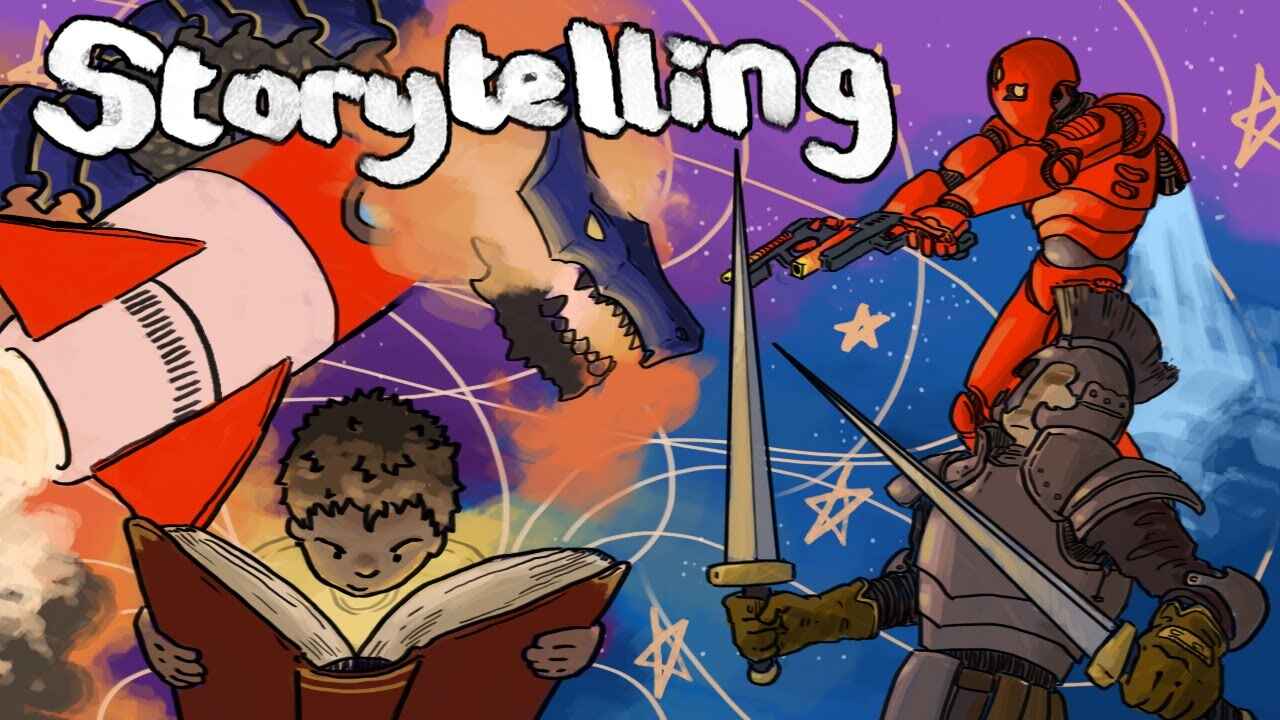KISS Rather than KILL: Simplifying the art of storytelling for success
A growth mindset transforms challenges into opportunities for success.

Storytelling is one of the most powerful skills you can learn. Influential people, including teachers, comedians, marketers, and politicians, all utilize storytelling to convey important concepts, make us laugh, sell products, and gain power.
Research even suggests that good storytellers are perceived as more attractive and significant. This atmoic idea outlines the essential parts of a compelling story and provides actionable tips for becoming a better storyteller.
The Importance of a Strong Setup
Every captivating story begins with a well-crafted setup. This is where you set the scene and provide enough context to hook your audience.
Think of the setup as the cover of a book – without an intriguing cover, people are unlikely to pick it up. Ensure your story is relatable to the current discussion.
If your friends are discussing crazy college roommates, share a relevant story about your own roommate. Relatability is key to maintaining interest.
Purpose is the fuel that drives leaders and organizations to greatness.
Crafting Engaging Content
The content is the heart of your story, where you describe the events. However, it's crucial to avoid unnecessary details that can bore your audience. Focus on the principle of KISS (Keep It Short and Simple) rather than KILL (Keep It Long and Lengthy).
The content of your story is where you bring your characters and events to life. Focus on delivering vivid, concise descriptions that evoke imagery and emotions
Every piece of information should be crucial for the story to make sense. Build tension to keep your audience invested, ensuring the events you describe are interesting and unusual.
Launched: Atomic Course on Storytelling -
grab the launch discount
Building Tension Effectively
Tension is the driving force that keeps your audience engaged. By gradually building tension, you make your listeners wonder what will happen next. This is essential for maintaining their interest. Describe events that are out of the ordinary to create this tension.
Gradually escalate the stakes and introduce conflicts or challenges that the characters must overcome. This progression keeps the audience on the edge of their seats, wondering how the story will resolve.
If people lose interest, it’s likely because you’re either overloading them with irrelevant details or failing to build enough tension in your narrative.




